A compound D(C6H10O) upon treatment with alkaline solution of iodine gives a yellow precipitate. The filtrate on acidification gives a white solid E(C7H6O2). Write the structures of D and E and explain the formation of E.
Since compound D(C8H10O) upon treatment with alkaline solution of I2 gives yellow ppt, therefore, D may be either methyl ketone ⎛⎜
⎜⎝−C∣∣O−CH3⎞⎟
⎟⎠ or methyl carbinol ⎛⎜
⎜⎝−CH∣OH−CH3⎞⎟
⎟⎠
The molecular formula of suggests it to be 1-phenyl ethanol, C6H5CH∣OHCH3 The reaction may be explained as:

Topper's Solved these Questions
- ALCOHOLS, PHENOLS AND ETHERSBOOK - MODERN PUBLICATIONCHAPTER - ALCOHOLS, PHENOLS AND ETHERSEXERCISE - OBJECTIVE TYPE QUESTIONS (MULTIPLE CHOICE QUESTIONS) (M.C.Q) (MULTIPLE CHOICE QUESTIONS with only one corrrect answer)
30 Videos
- ALCOHOLS, PHENOLS AND ETHERSBOOK - MODERN PUBLICATIONCHAPTER - ALCOHOLS, PHENOLS AND ETHERSEXERCISE - OBJECTIVE TYPE QUESTIONS (MULTIPLE CHOICE QUESTIONS) (from competitive examinations) (AIPMT, NEET & OTHER STATE BOARD.S MEDICAL ENTRANCE)
23 Videos
- ALCOHOLS, PHENOLS AND ETHERSBOOK - MODERN PUBLICATIONCHAPTER - ALCOHOLS, PHENOLS AND ETHERSEXERCISE - Revision Exercises (Long Answer Questions)
2 Videos
- ALDEHYDES ,KETONES AND CARBOXYLIC ACIDSBOOK - MODERN PUBLICATIONCHAPTER - ALDEHYDES ,KETONES AND CARBOXYLIC ACIDSEXERCISE - UNIT PRACTICE TEST
13 Videos
Similar Questions
A compound D(C8H10O) upon treatement with alkaline solution of iodine gives a yellow precipitate. The fibtrate on acidification gives a white solid E(C7H6O2). Write the structures of D,E .
View SolutionA compound A (C8H10O) upon treatment with alkaline solution of iodine gives a yellow precipitate. The filtrate on acidification gives a white solid B (C7H6O2). Write the structures of A and B.
View Solution
Knowledge Check
An organic compound A (C9H10O) does not evolve any gas on reatement with Na-metal but on hydrolysis with dil. H2SO4 gives B(C9H12O2) which on further treatement with alkaline solution of iodine gives an yellow precipitate. Also A on treatment with excess of conc. HBr gives C(C9(H11OBr) as the major product. C on further treatment with C2H5ONa/C2H5OH followed by acidification of product gives D (an isomer of A). D on ozonolysis followed by work-up with dimethyl sulphide gives ortho hydroxyl benzaldehyde as one of the product. Answer the following three questions based on the above information.
The most likely structure of starting compound A isA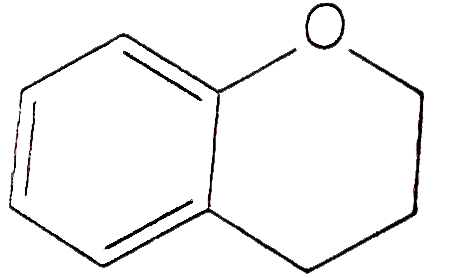 B
B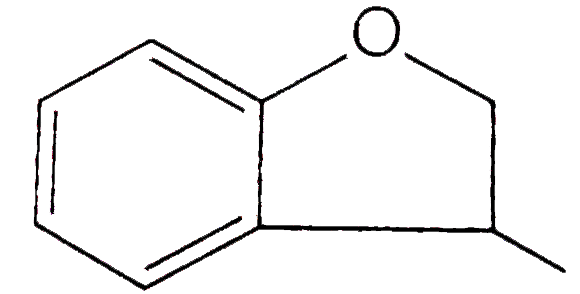 C
C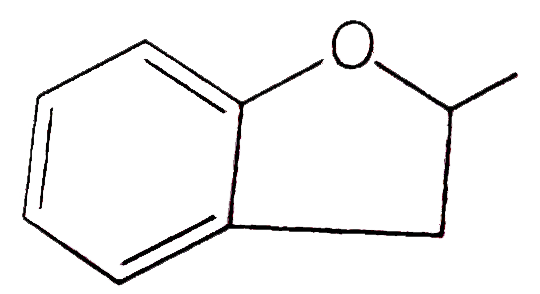 D
D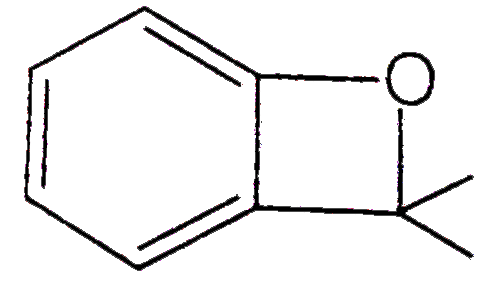
An aromatic compound A of the molecular formula C8H10O on reaction with iodine and dilute NaOH gives a yellow precipitate. The structure of the compound is expected to be :
A BC6H5CHOHCH3C
BC6H5CHOHCH3C D
D
Compound (A) C8H6O2 on treatment with aq. NaOH followed by acidification gives (B) C8H8O3 which on oxidation gives benzoice acid only :
A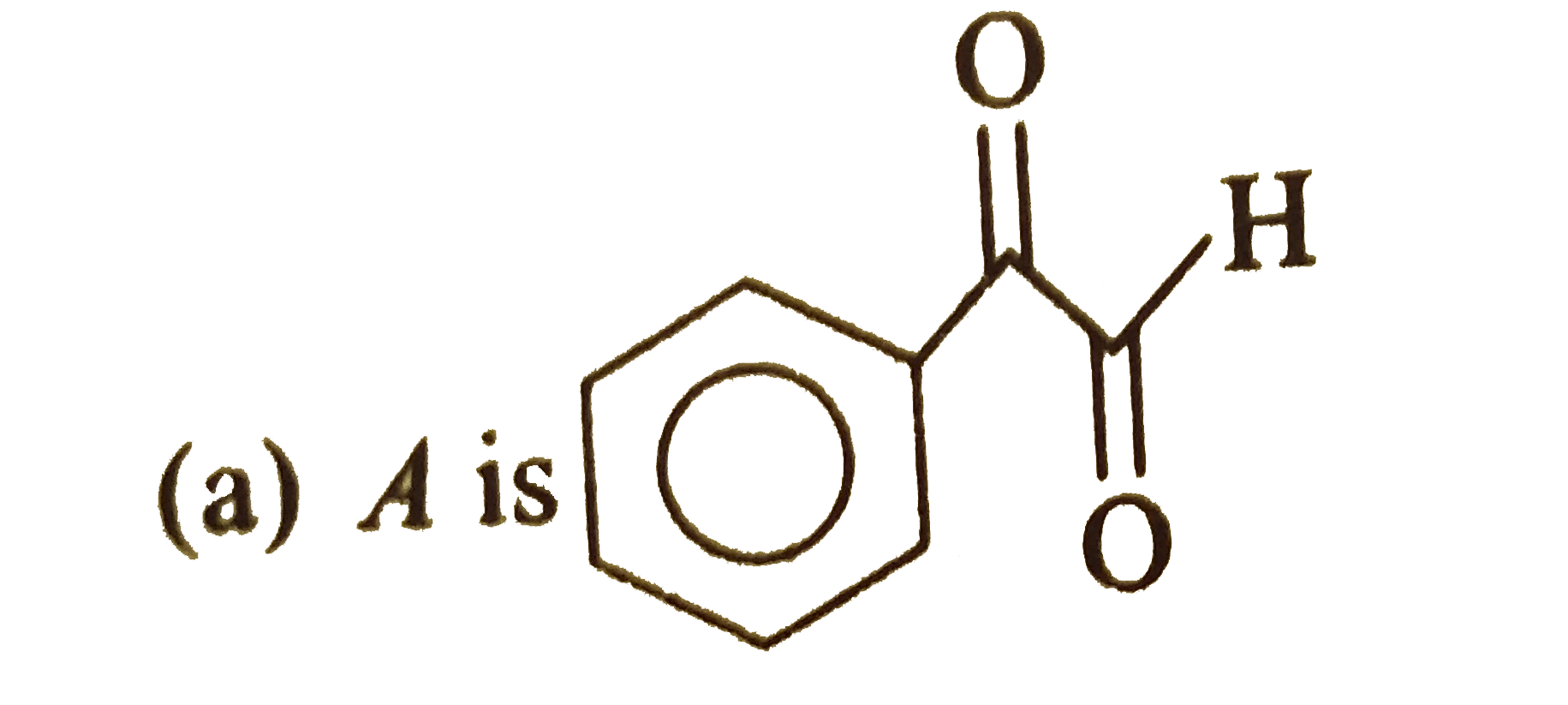 B
B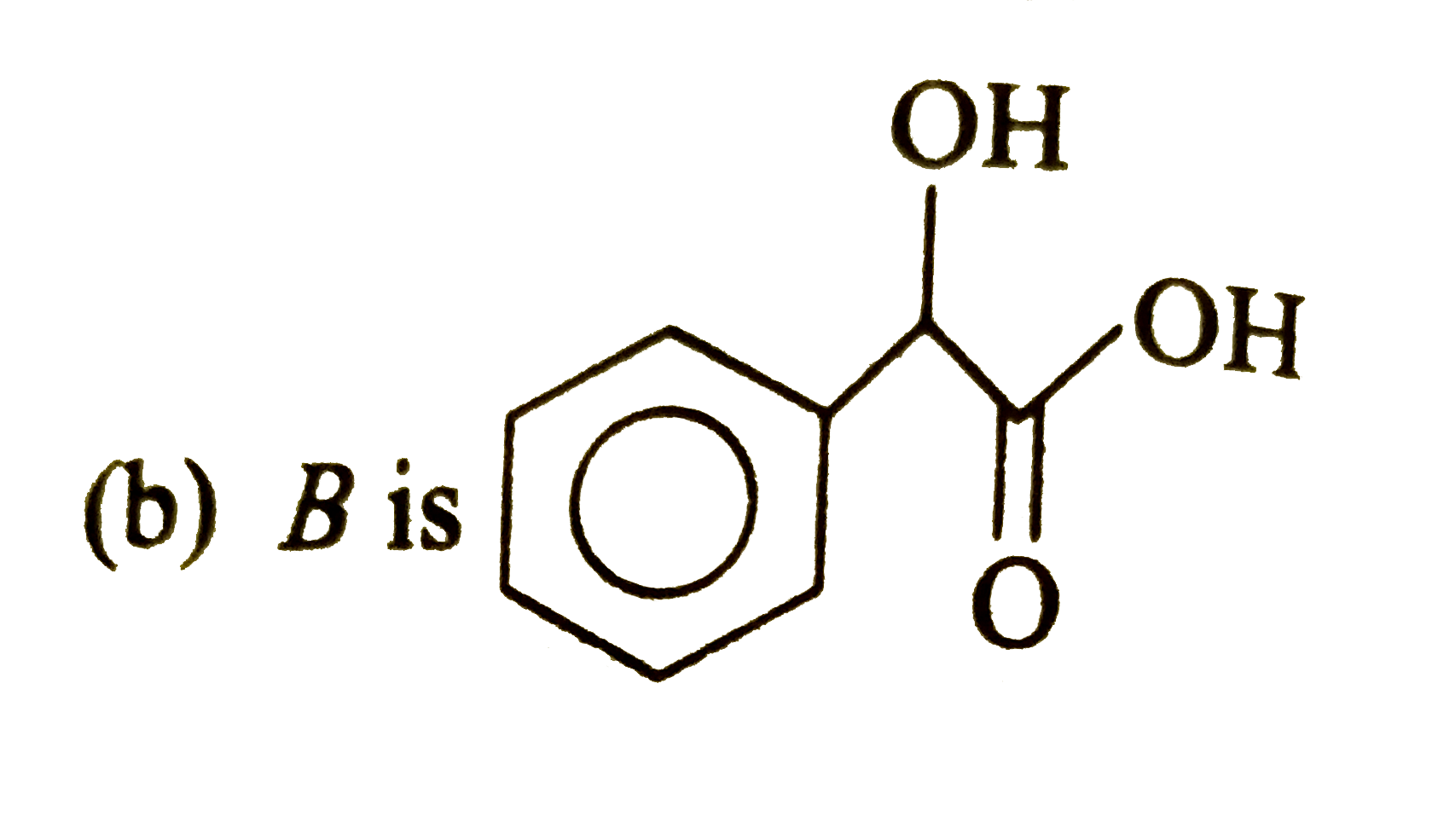 C
C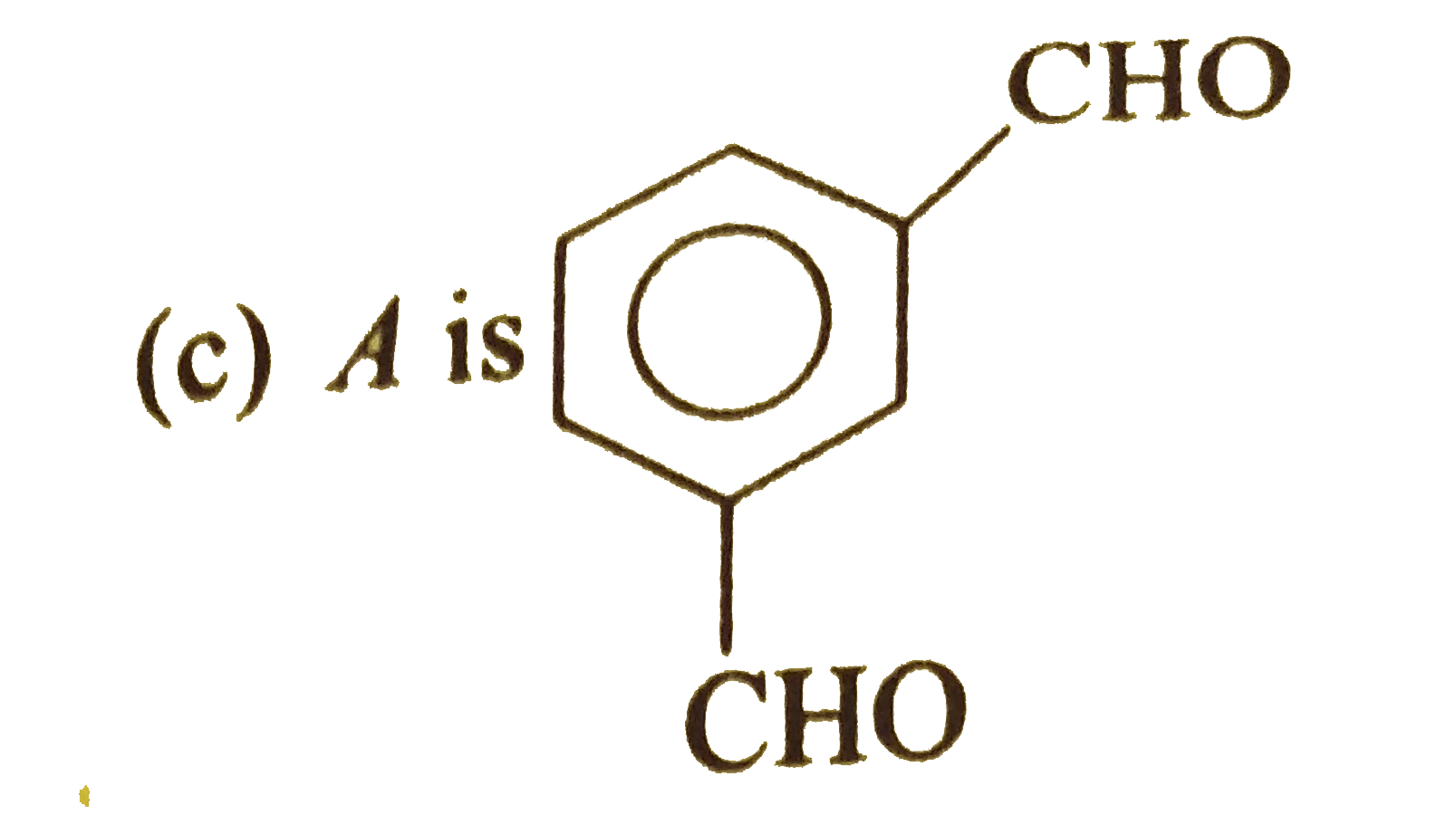 D
D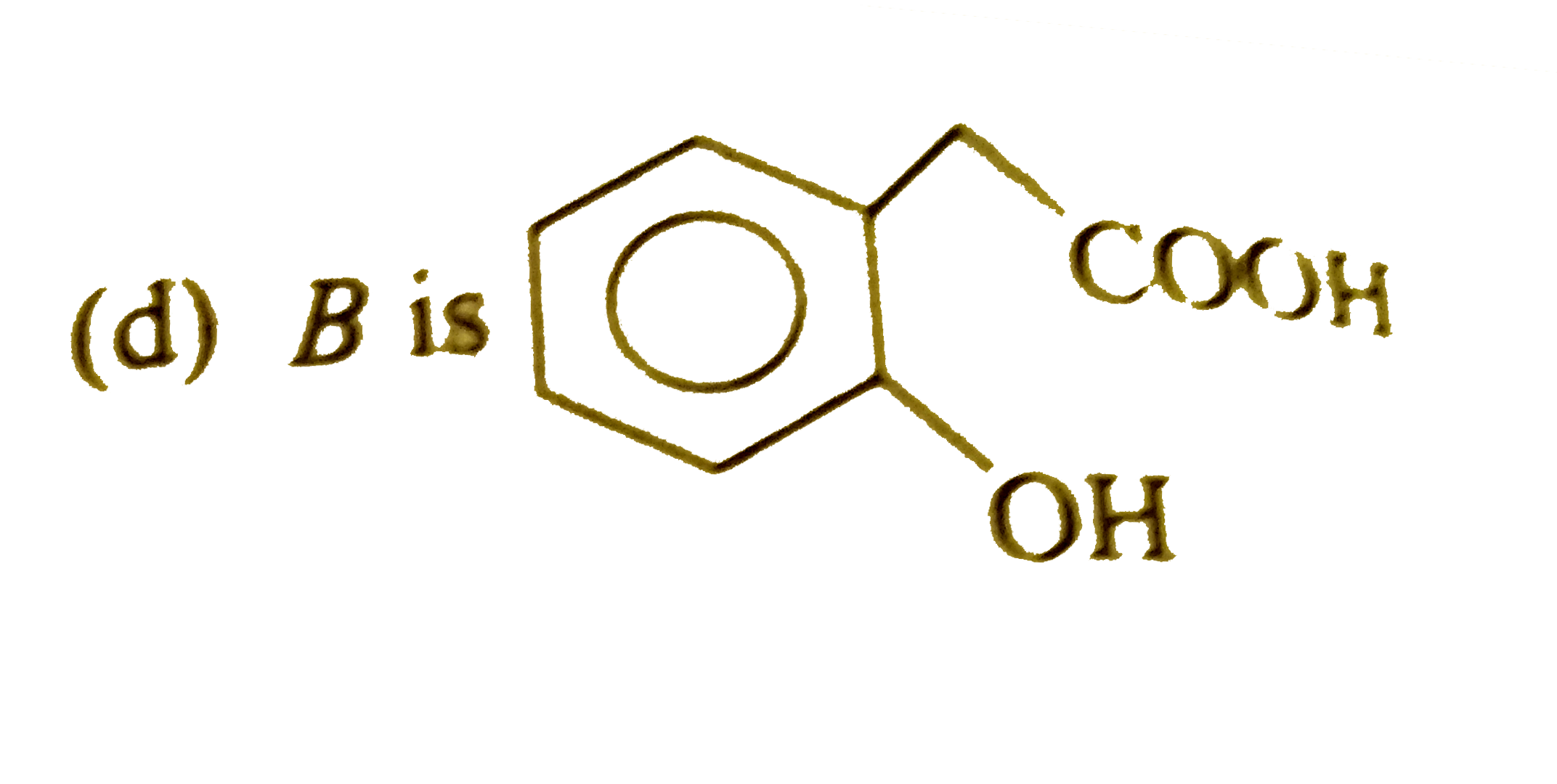
A compound D(C8H10O) upon treatement with alkaline solution of iodine gives a yellow precipitate. The fibtrate on acidification gives a white solid E(C7H6O2). Write the structures of D,E and explain the formation of E.
View SolutionA compound (D)(C8H10O) upon treatement with alkaline solution of iodine gives a yellow precipitate. The filterate on acidification gives a white solid (E)(C7H6O2). Write the structures of (D) and (E), and explain the formation of (E).
View SolutionA compund X(C8H10O) upon treatment with alkaline solution of iodine gives a yellow precipitate. The filtrate on acidifiction gives a whit solid Y(C7H6O2) Write the strctures of X and Y.
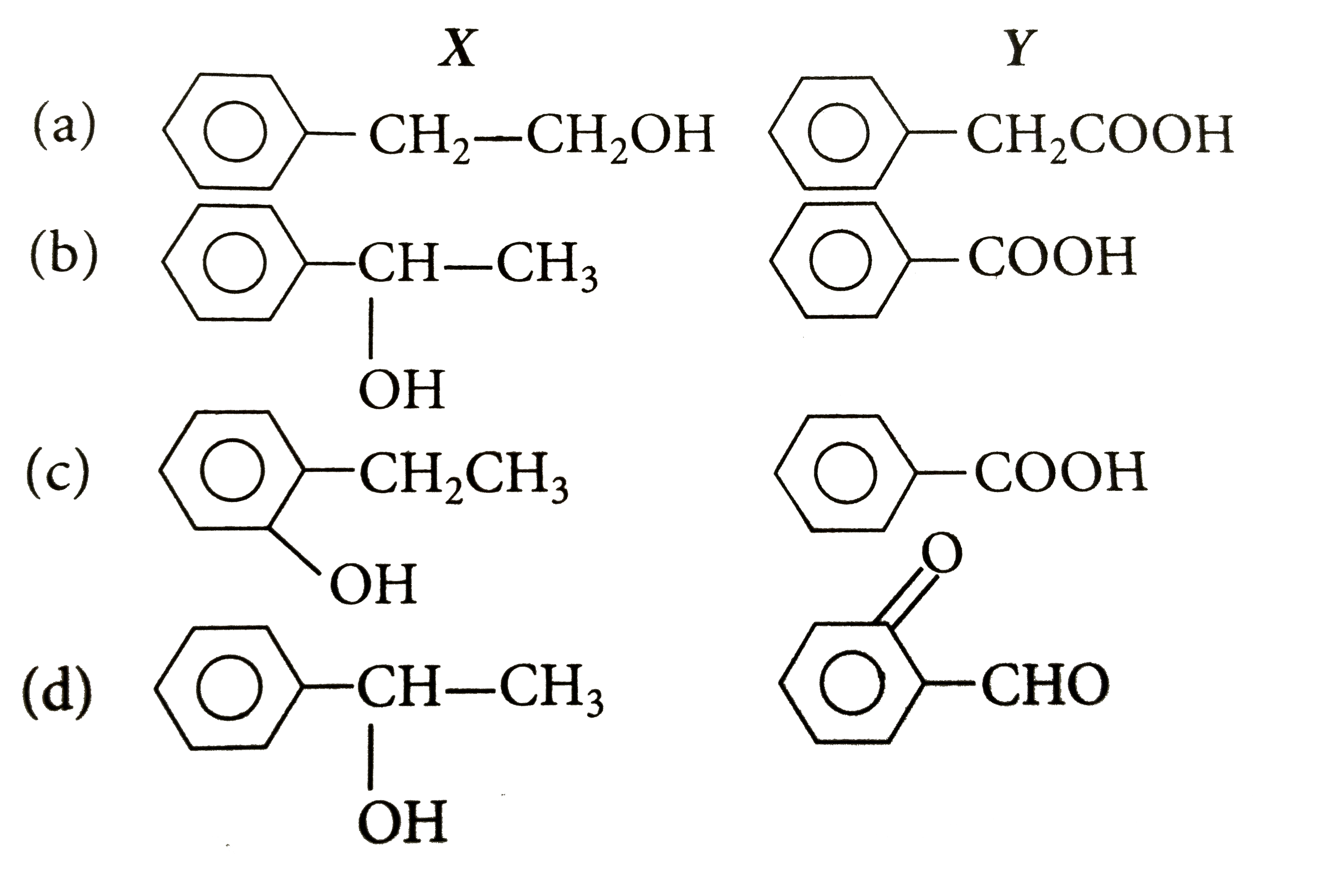
View SolutionAn organic compound (A) , C_(8)H_(10)O. The compound (B) upon treatment of alkaline solution of iodine gives a yellow precipitate. The filtrate. The filtrate on acidification gives a while solid ("C") , C7H6O2. Give structures of A, B, C and explain the reactions involved.
View SolutionAn organic compound A (C7H6Cl2) on treatment with NaOH solution gives another compound B (C7H6O). B on oxidation gives and acid C (C7H6O2) which on treatment with a mixture of conc. HNO3 and H2SO4 gives a compound D (C7H5NO4). B on treatment with conc. NaOH gives a compound E (C7H8O) and C6H5COONa. Deduce the structures of [A], [B], [C], [D] and [E].
View Solution
